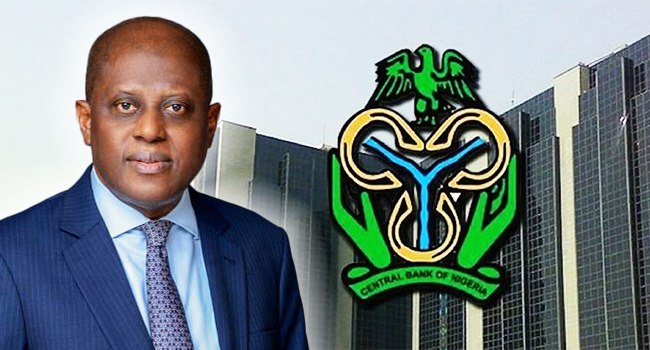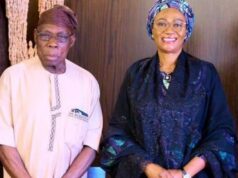The latest data from the Central Bank of Nigeria has revealed that the federal government spent about $2.2 billion on debt servicing in the first five months of this year.
A breakdown of the report, ‘International Payments Data,’ revealed that FG spent the most on debt financing in May, at $854.36 million, which is also the highest paid in a single month in the past year.
This figure is about 297 percent higher than it spent on debt servicing in April and 286.49 percent higher than the $221.05 million the country spent in May 2023.
In April, debt servicing gulped $215.20 million, $276.16 million in March, $283.22 million in February and $560.52 million in January.
The entire amount is about 96.32 percent higher than what FG spent on debt servicing within the same period in 2023, which stood at $1.12 billion.
According to FBNQuest Research, Nigeria’s external debt service payments increased by $1.1bn to $3.5bn in 2023, comprising $1.9bn and $1.6bn in market and non-market debt payments, respectively.
The development follows an announcement by the Minister of Finance and Coordinating Minister of the Economy, Wale Edun, that Nigeria will be getting some funds from the World Bank in a few weeks.
Speaking during an interview on Channels TV on June 2, the minister said, “In two weeks, the board of the World Bank will consider a $2.25 billion package for Nigeria, which would be virtually free or almost grant funding, very low interest. And it is not being given on conditionalities. A large part of it, $1.5 billion, is what they call Development Policy Financing.
“Essentially, it is in recognition of what has been done to stabilise the Nigerian economy and get it back on the growth path. The funding will come, at least, half of it, will come immediately after that board meeting. That’s what we are looking forward to. It just shows that we know how to use the multilateral development banks to our advantage. We don’t agree with everything they say. We don’t have to agree or they (have to) agree with our homegrown policies for trying to get Nigeria moving again.”
Another source of funding for the FG this year would be the Eurobond, planned for the second half of 2024. Bloomberg reported that Citibank NA, Goldman Sachs, and JPMorgan Chase & Co. were hired as advisors on the proposed Eurobond issuance.
Meanwhile, CBN data indicated that letters of credit declined significantly in the first five months of the year compared to the same period in 2023.
Letters of credit, which is a mode of payment used for the importation of goods, dipped by 63.26 percent to $279 million from $762.03 million in the first five months of 2023.
LCs play a vital role in facilitating international trade in Nigeria, offering a reliable and secure payment method that benefits both importers and exporters.
On the upside, the CBN International Payments Data showed that total direct remittances hit $841 million in five months, about 28.55 percent higher than $654.51 million in the same period in 2023.



















































